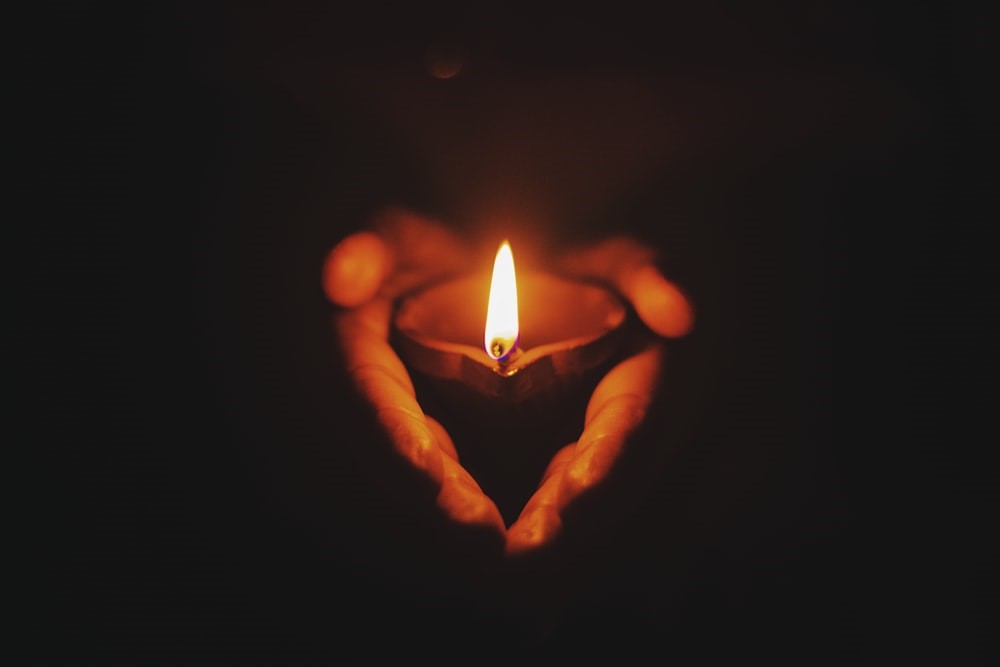One thing is certain, all of us will face some degree of suffering.
And how leaders respond to suffering is absolutely vital to a strong mindset.
As we draw near the close of this series on Mindset, we will explore some of the important mental and emotional reactions to suffering.
The Big Idea—We cannot possibly develop a strong mindset without thoughtfully considering how we respond to suffering—our own, and the suffering of others.
Concentration camps
There are few people more qualified to speak on the topic of suffering than Victor Frankl.
Dr. Frankl (1905 to 1997) was an Austrian psychiatrist, neurologist, and author.
His seminal work—Man’s Search for Meaning—is ranked by the Library of Congress as one of the top ten book most influential books in US history and has sold more than 10 million copies.
If you haven’t read the book, your education as a human is incomplete.
At the age of 37, shortly after losing his first child during his wife’s pregnancy, Frankl was imprisoned in the Nazi concentration camp of Thereisienstadt, along with his entire family.
During his time in the camps, he witnessed some of the worst things a person can be exposed to.
And although he held out hope of seeing his family again—his wife, parents, and his brother all tragically died during their time in the camps.
His experience is so far from my comfortable Western life, I can hardly wrap my mind around how he survived.
Perhaps more astonishing is how he went on to a lifetime of healing and inspiring millions of people.
I find great wisdom and power in his words: What is to give light, must endure burning.
Healing through meaning
Following his experience in the concentration camps, Frankl pioneered Logotherapy—which literally means “healing through meaning.”
I’ve put together a few of his most famous quotes here so that you can hear directly from Frankl himself:
“In some ways, when suffering finds its meaning, it ceases to be suffering…..Everything can be taken from a person, but one thing, the last of human freedoms, to choose one’s attitude in any given set of circumstances—to choose one’s way…..When we are no longer able to change a situation, we are challenged to change ourselves.”
If you are hurriedly reading this on your phone, don’t rush through this, take some time to meditate on this and let it sink in.
I want to acknowledge that sometimes suffering is so horrific and seemingly senseless that it doesn’t seem to have an answer.
I don’t know how other people handle this, but that is where I must find comfort in my faith, knowing that I may never see the entire picture in this lifetime.
But in many difficult circumstances, redemption and meaning can be found—especially over time. The human brain is driven to make meaning of things and naturally searches for it.
As author Rick Warren says, “Your purpose can often be found in your pain.”
Many people take the most painful experiences of their life and transform it into their mission to help others, and in doing so, find great purpose—and great healing.
Great leaders must develop this mindset toward suffering for themselves—and for those they lead—their families and their teams.
Conclusion
I love the survival show—Alone.
In each season, ten contestants compete for half a million dollars by seeing who can survive completely alone, living off the land.
To win, it comes down to who can endure the most severe cold, starvation, and isolation.
The sheer level of misery is often difficult to watch.
I find it fascinating that these are people with comfortable American lives. Even those that don’t win come away completely transformed by the experience.
***SPOILER ALERT***
I love what the winner of Season 2 David McIntyre said, after surviving 66 days eating sea snails in the bone-soaking cold of Vancouver Island…
“I have a love-hate relationship with this place.
In the morning, you wake up and you confront the reality of your situation.
Some days it’s great; some days it’s horrible.
But suffering has value—we avoid it at all costs, we would never want to go back and repeat it—but it has value.
It’s a part of life and nobody gets through life without suffering—nobody.
The question is what are you going to allow it to do in you?
You can allow that suffering to make you bitter, angry…just a wretched person. You can allow that suffering to eat away your soul and turn in on itself and just chew you apart— or you can look for the deeper meaning in it.
My philosophy on suffering is that God’s trying to teach me something. And I know that in the end I get to keep those lessons, but the pain goes away.”
Ideas for action
- Allow time, grief, and raw emotion. It’s not healthy to hold our emotions inside, and this takes time. Don’t swallow your true feelings or try to rush the process. Let it out in a journal, alone, or with a good friend.
- Look for meaning. We are wired to look for meaning. Take time to write down your thoughts about the trials in your life, pray, and sit quietly. A glimpse of meaning is the birthplace of hope.
- Is life (or God) asking you to change? I’ll be honest, I hate character lessons, but boy are they important. We don’t grow character when life is easy, and often these seasons of life are the most important in shaping who we become. As Frankl said—When we cannot change a situation, we are finally challenged to change ourselves. There may be no greater tragedy than when people resist this process and never make important changes in their lives, or their character.
- Spend time around others who are suffering. One of my greatest heroes is author Henri Nouwen. He felt that modern life generally teaches us to avoid suffering which is why he recommended that people find ways to get in touch with suffering that exists in their communities on a regular basis.
- Fasting. This might seem strange to add, but let me explain. Many spiritual traditions have used fasting as a way to induce a small amount of suffering in a world that is often too comfortable. It can be an incredible reminder and reset. You can abstain from anything from foods to media.
Have a great weekend!
Parker
*Although I never endured anything as difficult as the concentration camps, I recently shared my journey on how I fully recovered from 10 years of debilitating chronic pain. You can listen to the podcast episode here.
Suggested Resources
- Man’s Search for Meaning by Victor Frankl




